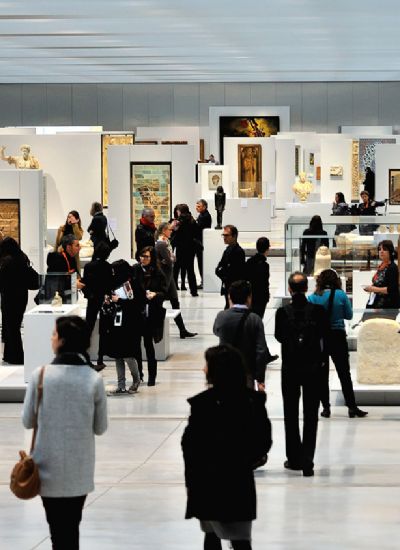What Constitutes a Good Photograph?
What constitutes a good photograph? For this it is necessary for you to understand what a good photograph really is.
Your aim as a photographer is to attract the viewers attention, show and share an experience or communicate an idea.
Normally you will be able to differentiate between those images taken by an amateur and a professional photographer.
To achieve this you will need to understand the basics of composition in an attempt to have your images come out in a more professional light.
Those photos that present your subject in a clear and uncluttered manner are usually the best and strongest.
Professionals work with all the artistic elements of line, shape, pattern, texture and colour.
To achieve this there are some rules that should be followed.
Ensure you carry your camera with you all the time.
People miss taking opportunistic shots because they don't have their camera with them.
How many times have you been out and seen something interesting and not had your camera.
Today's compacts are now easily kept in a jacket pocket or handbag.
You just never know so keep it with you! Shoot more images.
It won't cost you any more, so take as many and any poor ones can be discarded.
You can either do it from the camera itself or in the post processing on the computer.
The most mundane shots can become memorable in a few years.
So shoot away to your hearts content, you just never know which will be the best and since it's free you've nothing to lose.
Trust your eye.
After studying the rules of composition you should be able to trust your own vision and feelings when taking your shots.
When framing the shot, move the camera around to see if there is a better angle or composition that might work better.
There will be times when your behaviour may appear strange to any onlookers but, if it gets the shot want don't worry about it.
And they probably don't know you anyway! Remember it is not the camera that takes the shot, it's you! You may have the best and most expensive camera but this will not guarantee better images.
By practise you will become more experienced and eventually you will find the best angles from where to take your shots.
It will be most important that your composition is correct.
You will need to remember the rule of thirds as well as getting your framing techniques correct.
Once you have learnt these principles it will become like second nature.
It will assist you both in aiming and where to focus, enabling you to take better and better images consistently.
Once you have grasped the basics, you should be able to invest in some accessories such as lenses and filters (If you own a DSLR Camera.
Most compacts do not have the facility to change lenses).
These will help you produce better images.
However there will be many ways you can take excellent photos without spending vast amounts of money on expensive accessories.
Your aim as a photographer is to attract the viewers attention, show and share an experience or communicate an idea.
Normally you will be able to differentiate between those images taken by an amateur and a professional photographer.
To achieve this you will need to understand the basics of composition in an attempt to have your images come out in a more professional light.
Those photos that present your subject in a clear and uncluttered manner are usually the best and strongest.
Professionals work with all the artistic elements of line, shape, pattern, texture and colour.
To achieve this there are some rules that should be followed.
Ensure you carry your camera with you all the time.
People miss taking opportunistic shots because they don't have their camera with them.
How many times have you been out and seen something interesting and not had your camera.
Today's compacts are now easily kept in a jacket pocket or handbag.
You just never know so keep it with you! Shoot more images.
It won't cost you any more, so take as many and any poor ones can be discarded.
You can either do it from the camera itself or in the post processing on the computer.
The most mundane shots can become memorable in a few years.
So shoot away to your hearts content, you just never know which will be the best and since it's free you've nothing to lose.
Trust your eye.
After studying the rules of composition you should be able to trust your own vision and feelings when taking your shots.
When framing the shot, move the camera around to see if there is a better angle or composition that might work better.
There will be times when your behaviour may appear strange to any onlookers but, if it gets the shot want don't worry about it.
And they probably don't know you anyway! Remember it is not the camera that takes the shot, it's you! You may have the best and most expensive camera but this will not guarantee better images.
By practise you will become more experienced and eventually you will find the best angles from where to take your shots.
It will be most important that your composition is correct.
You will need to remember the rule of thirds as well as getting your framing techniques correct.
Once you have learnt these principles it will become like second nature.
It will assist you both in aiming and where to focus, enabling you to take better and better images consistently.
Once you have grasped the basics, you should be able to invest in some accessories such as lenses and filters (If you own a DSLR Camera.
Most compacts do not have the facility to change lenses).
These will help you produce better images.
However there will be many ways you can take excellent photos without spending vast amounts of money on expensive accessories.


















